The technological and scientific ingenuity of the Black race (and men such as Jesse Eugene Russell) has been one aspect of world history that has been hidden, under-appreciated, and belittled.
Today in Africa, millions of Africans attribute the invention of the smartphone (among many other things) to the Europeans. They do not know that the glorified digital phone was invented by a Black man like themselves. And this points to our gospel about teaching Black people worldwide about the prowess and achievements of their forebears – African History is important.
Jesse Eugene Russell’s story is one that makes us exceptionally proud. He is not the only Black person who has had a tremendous impact in the telecommunications industry. Just like him, a woman, Dr. Marian Rogers Croak, invented the VOIP system for making calls over the internet. And they are just a few in the internet and telecommunications industry.
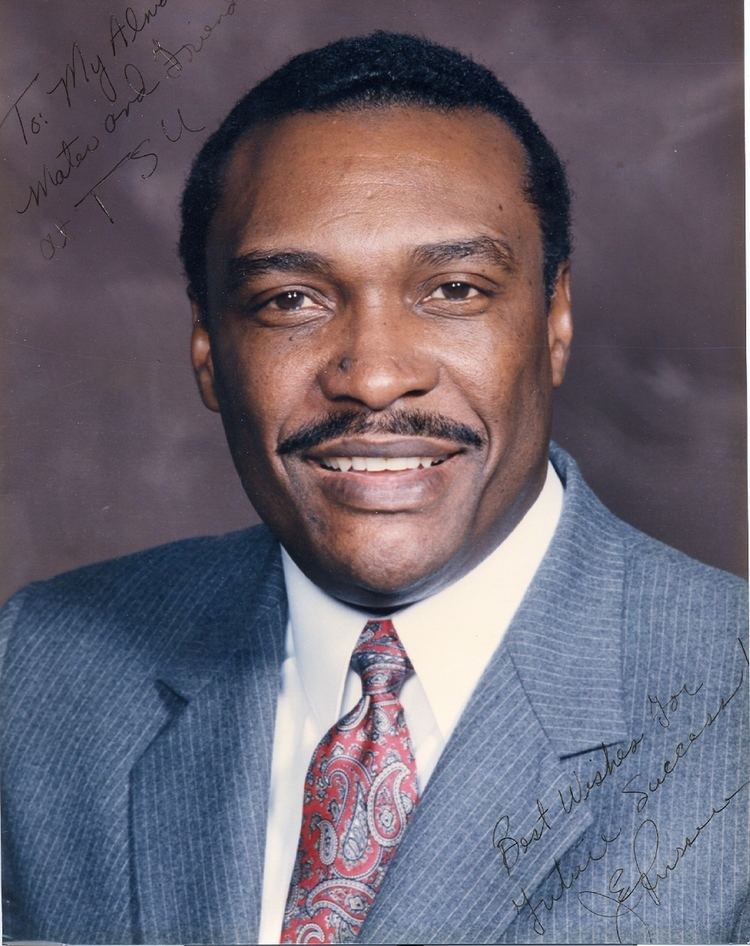
Early Life And Education Of Jesse Eugene Russell
Jesse Eugen Russell was born in Nashville, Tennessee, Unites States of America, on April 26, 1948, to a family of 13. He had two sisters and eight brothers, and their parents were Charles Albert Russell and Mary Louise Russell.
Just like many black people in America at that time, the Russell family lived in a very poor and socially deprived part of Nashville. Jesse Eugene Russell engaged more in athletics in his early years. He would later go to school, when he got an opportunity to attend a summer education program at Fisk University, in Nashville, Tennessee.
After the summer education program, he did exceptionally well and then moved on to study electrical engineering at Tennessee State University. In 1972, he graduated with a Bachelor of Science Degree (BSEE) in Electrical Engineering. And to prove that he was a born genius, he graduated as a top honor student in the School of Engineering.
Jesse Eugen Russell’s academic qualifications and excellence set him apart and made him the first African-American that was given a job by AT&T from a Historically Black Colleges and University (HBCUs). He also became the first Black person in the USA to be selected as the Eta Kappa Nu Outstanding Young Electrical Engineer of the Year in 1980.
Jesse Eugene Russell went further in his academic achievements to obtain a Master’s degree in Electrical Engineering (MSEE), in 1973, from Stanford University, in Palo Alto, California.
When And How He Invented The Digital Mobile Phone
Jesse Eugene Russell created the concept for the wireless digital phone and communication, while he was working as an engineer at AT&T-Bell Laboratories in 1988. He developed the world’s first digital cellular base station and holds the patent for the digital services that many companies of the world use today.
Before Russell invented the wireless mobile device, the mobile devices available were mainly used in cars or other vehicles. This was mainly because mobile devices needed the power to be able to transmit signals to a cell tower. And that point the power needed to drive a mobile phone was too much to fit into a wireless movable device.
It was Russell’s ingenuity and creation of the mobile device that made it possible for mobile phones to be handy and affordable today. His innovation made it possible for mobile devices to transmit signals between the handsets we use today, and the cell phone towers.
Russell’s supervisor at the AT&T-Bell Laboratories had come to him with an impossible task that no other employee wanted to handle. Both AT&T and other major telecommunications companies found it hard to figure out a way to make the cell phones into wireless mobile phones. Russell accepted the task of figuring it out, and he did.
In a statement about his job and how he was tasked to create a wireless mobile phone, he said: I’ll never forget the first day on the job, I called a meeting with all of the managers… they were all white, I was the only black hiring. And I was saying, ‘Well, what’s the problem?’ Because they [AT&T] were losing so much money, it was pathetic… They said, “The problem is that we can only make money when people are in their cars, the phone rings then they answer…but most of the time, people are not in their cars.” “I said.’ Well, that seems like an easy problem to solve, right?’ Why don’t we just take the phones out of the car and put them on the people.”
A Genius With Over 100 Patents To His Name
After Jesse Eugen Russell invented the wireless mobile device, he went ahead to invent other groundbreaking innovations in the field of wireless communication systems. He continued to be a leading name in the architectures and technology which were related to radio access networks, end-user devices, and in-building wireless communication systems.
Jesse Eugene created a company called incNETWORKS Inc, which he is the Chairman and CEO. His company is a broadband wireless communications company based in New Jersey. His company now focuses on 4G broadband wireless communications technologies, networks and services.
Some of the patents to Russell’s name are: “Base Station for Mobile Radio Telecommunications Systems,” (1992), the “Mobile Data Telephone,” (1993), and the “Wireless Communication Base Station” (1998).
Conclusion
We are at a place in history where the hidden excellence of the Black race is being dug up and exposed to the whole world. More so, technological, social, ideological, scientific achievements have been excluded from the curriculum of African schools, and that has made our research and revealing articles more important.
Many Africans believe that the mobile phone was invented by Europeans. But the truth is that it was not. So, please after reading this, help us share this article so that every Black person and family in the world would know this truth.
Africans and indeed all Black people worldwide are not inferior or technologically backward, and we must scream that in all corners of the earth.
Support Liberty Writers Africa
Our goal at Liberty Writers Africa is to teach our history, defend our people worldwide, and awaken the sleeping ones. Help us fund our research and hire competent editors. Click HERE To DONATE to Us.
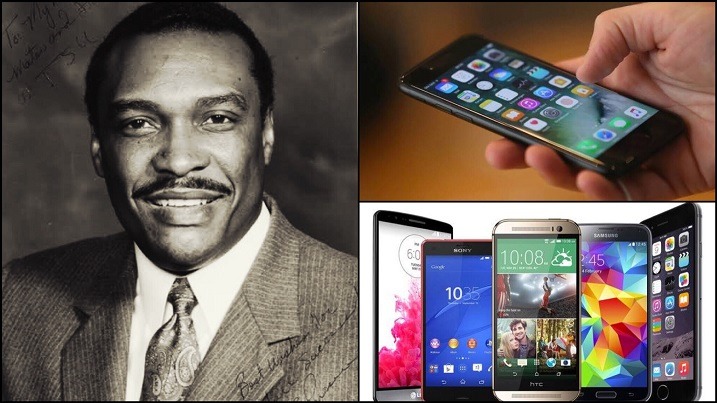

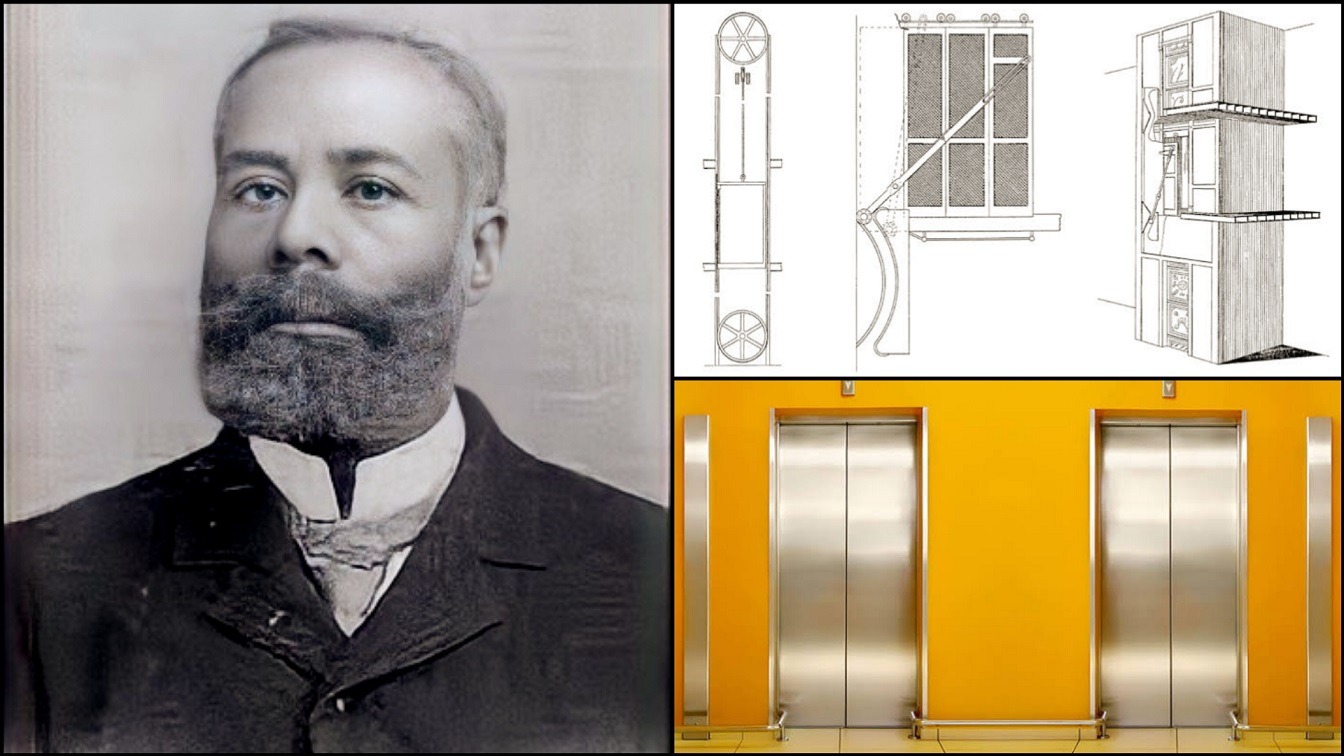
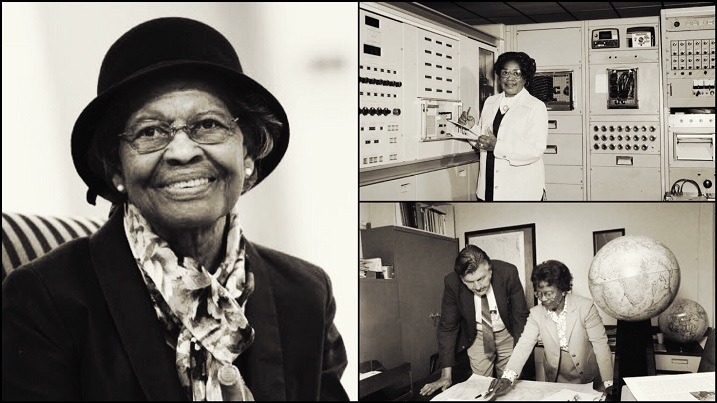
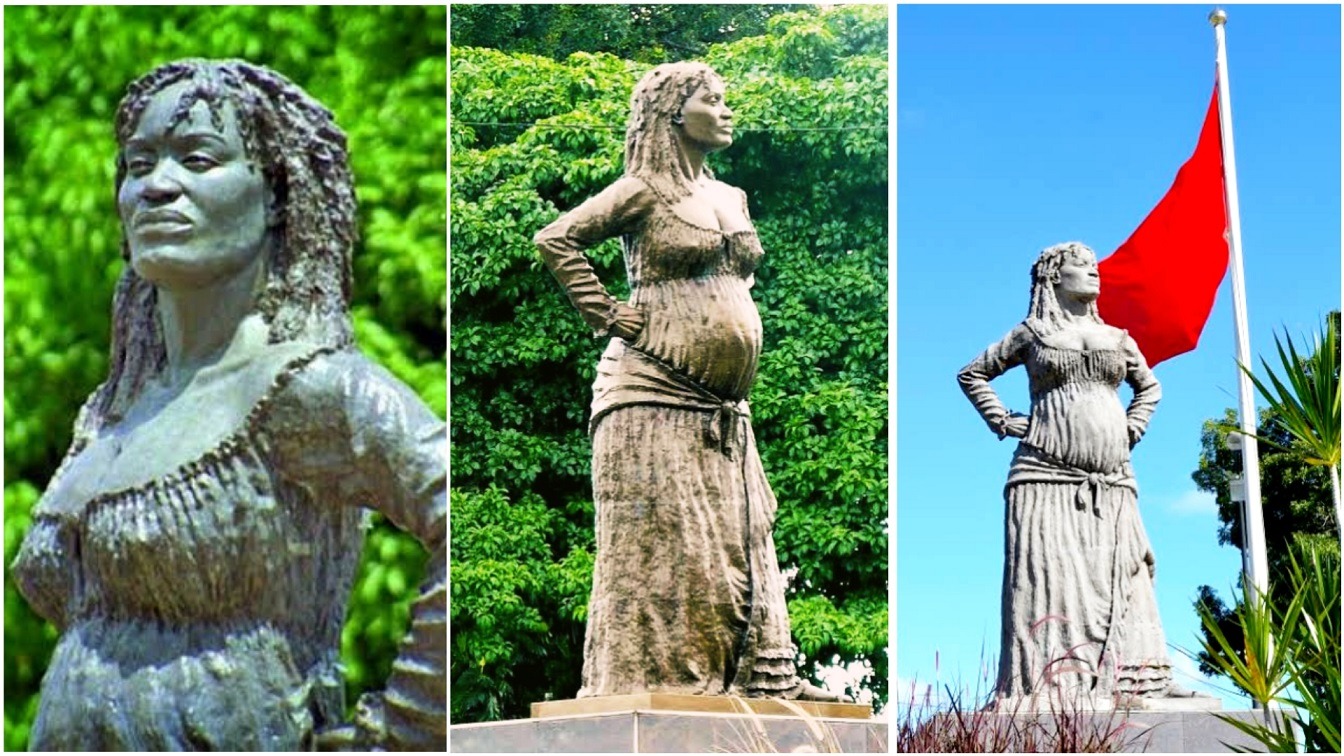
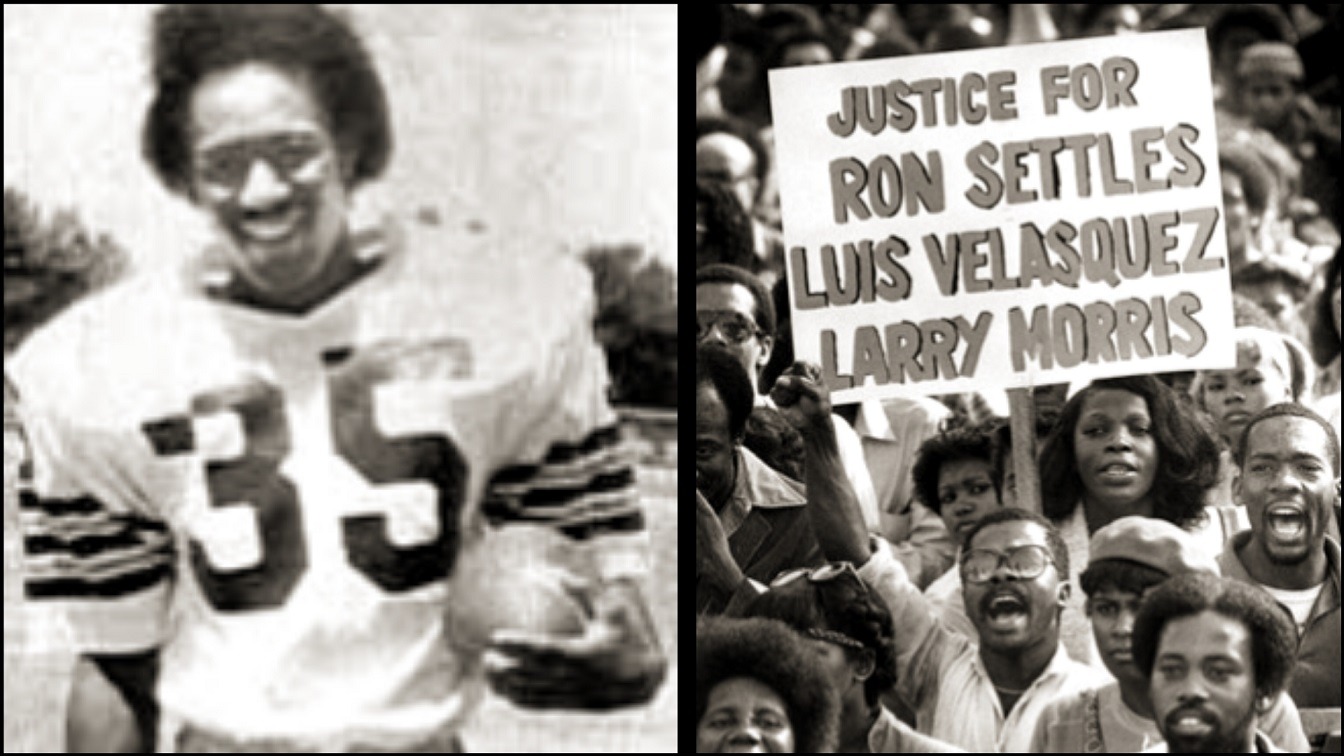
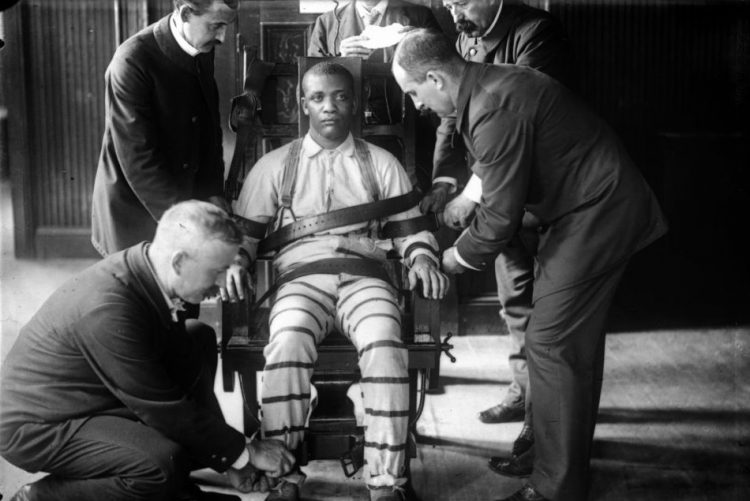
1 comment
Comments are closed.